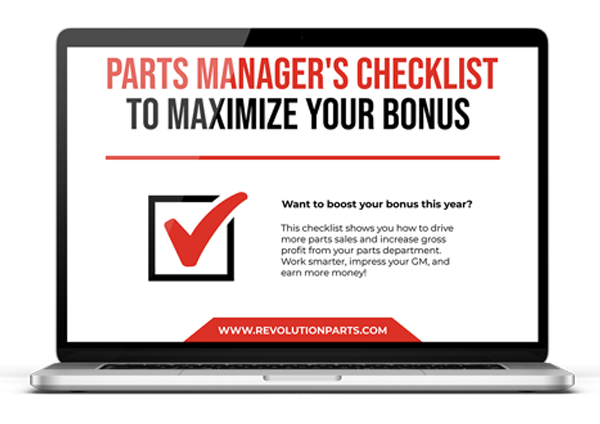
Bad reviews happen. Whether your customer has a serious problem or they’re just having a bad day, there are a lot of reasons why they might decide to write a negative review for you on Yelp, Amazon, eBay, or somewhere else.
Ignoring the review isn’t a good idea, and removing the review is even worse. Rather than see them as a bother, negative customer reviews can actually be a great way to turn around and improve your business for the better.
Here are a few tips you should implement in order to gain the most improvement from bad customer reviews:
1. Don’t Take it Personally.
When you first encounter a negative review, don’t be offended. Don’t take it personally. Think about the reasons a poor review might have been left in the first place.
- The customer is a bad fit – Your business won’t work for everyone. Some customers simply aren’t a good fit for your company. Even your favorite books and movies have naysayers, and the same is true in business!
- The customer is having a bad day – There might be nothing wrong with your actual business. It’s possible your customer was just not in a great mood and looking for a way to blow off steam.
- Recognize the larger context – A bad review hurts, but remember all the positive ones you already have. 10 negative reviews next to 90 good ones is actually a great overall mix.
2. Don’t delete the review.
After receiving a negative review, some companies remove it as soon as possible.
Not only is this a dishonest thing to do, but it can also hurt your opportunity to improve. There might be a problem with the current system that you wouldn’t know about without an honest reviewing system.
In addition, customers will start to get suspicious is every single review is 5 stars. A mix of reviews (although mainly 5 and 4 stars) looks more realistic. You don’t want your customers to think you pay for fake positive reviews.
Only consider removing reviews if they are nothing but defamatory and pure slander with no valid complaint.
3. Listen.
Not all customers have constructive things to say, but their complaints can still be a great opportunity to fix an underlying problem that you don’t know about.
Listen to their problems objectively and try to understand the customer’s point of view.
- Is there any truth to their complaint?
- How can you improve the system?
- How can you remedy the situation for that customer?
For example, one of the top three reasons for returns stems from customers ordering the wrong part. If multiple reviews point to this problem for the source of their frustration, see if you can clarify the information on your parts site where customers are getting confused.
4. Respond in a kind and empathetic manner.
When typing out a response, don’t place blame on anyone and don’t get defensive. This sort of response only pushes customers away. You want to be open with your shoppers and make them feel as if their opinion is valuable.
At the same time, you don’t have to obey your customers’ every whim. Simply apologize for the mistake or misunderstanding and ask what you can do to fix the problem.
If necessary, be prepared to offer some type of restitution such as a coupon or discount, which will help you build customer loyalty.
5. Respond promptly and publicly.
If you avoid responding to a bad review for a long time, it looks like you’re trying to avoid the problem rather than address it. A quick response (within 3 business days) looks professional and honest.
Often you can improve your online standing by responding publically. This way you can be more transparent with your customers. Other visitors can see your empathetic and human response and will appreciate you for being reasonable.
When should you respond privately?
Sometimes a private response is better, especially if you need to discuss personal information with the customer.
Depending on the seriousness of the problem and how your company wants to handle it, a private response (especially if it is by phone) can show a true concern for the customer’s poor experience.
In either case, handing the problem well will improve customer loyalty. When a customer has a valid complaint and you address it properly, they will often edit their past review into a positive one.
6. Encourage reviews.
If you can’t solve all your negative reviews, then drowning them out is the next best option!
When you have hundreds of positive reviews, the negative ones no longer hold much power over customer opinion.
Simply create a canned email to follow-up with customers after a successful sale, including an invitation to leave a review. This shows customers that you care about their experience and are actively working to make everything run as smoothly as possible.
Some companies even set up a special giveaway where reviewers can be entered to win a prize.
Just remember that reviews are great, even the bad ones. Once you stop seeing negative reviews as an inconvenience, then the opportunity for improvement in your business will improve tenfold.
It’s a powerful way to pick out the weak points in your system and improve customer satisfaction overall. You can even strengthen customer relationships by turning their negative experience into a highly positive one.




